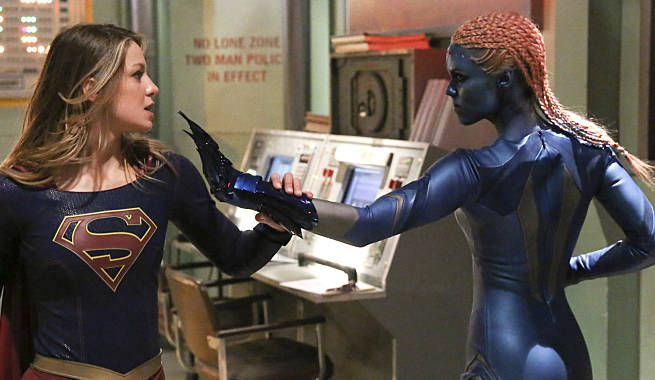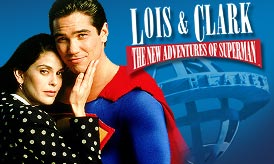| Title (Start Year) | Start | End | Tot | Running Count | Notes |
| Invincible Iron Man (1968) | 1 | 332 | 332 | 332 | |
| Invincible Iron Man (1996) | 1 | 13 | 13 | 345 | |
| Invincible Iron Man (1998) | 1 | 89 | 89 | 434 | |
| Invincible Iron Man (2005) | 1 | 16 | 16 | 450 | |
| Invincible Iron Man (2007) | 17 | 28 | 12 | 462 | |
| Iron Man: Director of Shield (2008) | 29 | 35 | 7 | 469 | |
| Invincible Iron Man (2008) | 1 | 33 | 33 | 502 | |
| Invincible Iron Man (2008) cont'd | 500 | 527 | 28 | 530 | Plus 500.1 |
| Iron Man (2013) | 1 | 28 | 28 | 558 | Plus 20.inh |
| Invincible Iron Man (2015) | 1 | 14 | 14 | 572 | |
| Superior Iron Man (2015) | 1 | 9 | 9 | 581 | |
| Invincible Iron Man (2017) | 1 | 11 | 11 | 592 | |
| Invincible Iron Man (2017)) | 593+ |
Comic Book Numbering
Discussions to clarify numbering issues in long-running comic series.
Pages
Introduction
Introduction to "Comic Book Numbering"
Comic book numbering used to be a very simple issue - each issue was incremented one number from the preceding issue in a simple natural number sequence starting at issue #1 until infinity.
Occasionally there would be some complications when a series was re-named (often when a key character in an ongoing anthology becomes popular enough for their own title), such as "The Incredible Hulk (1968)" taking over the numbering from "Tales to Astonish (1959)" or "Captain America (1968)" taking over the numbering of "Tales of Suspense (1959)".
However, DC Comics started an inadvertent trend when John Byrne re-structured the Man of Steel in the mid-1980's. All Superman comics (Action Comics and Superman) were taken offline for a few months, and a re-launch re-started Superman (1987) with a new #1, and continued the pre-existing Superman (1939) numbering with "Adventures of Superman (1987)". Superman (2006) re-merged Superman (1987) and Adventures of Superman (1987) to a single title.
Both DC and Marvel comics insisted on the occassional oddly numbered comic (0, -1 for Marvel, 1,000,000 for DC) which made continuity of numbering strange.
Marvel had a mathematical psychotic break and sold off key characters (e.g. Hulk, Avengers, Iron Man, Captain America and the Fantastic Four) to a group of artist/writers in the ill-fated "Heroes Reborn" period of about a year in the mid-1990's, each series being re-started as a new #1. This experiment lasted about a year from 1996 to 1997, where the characters were re-introduced into the "real" (616) universe of Marvel in "Heroes Return".
Marvel's marketing department, realizing that "#1" issues had extra purchase value, began randomly re-starting series to generate new #1's. Later, someone woke up and realized that they were missing the chance to capitalize on significant milestone issues (500, 600 etc.) and began to re-number the ongoing series, with mixed success. Some re-numbering was simply the inclusion of series X and series Y of the same character, with the new numbering being the sum. However, with other series, the effect was somewhat confusing (see Hulk).
This site is an attempt to make sense of the numbering issues.
Friday, October 20, 2017
Iron Man #593 - Where'd that come from?
Tuesday, June 14, 2016
...A Few Months Away from the first #1000 Comic Issue - Superman (2016) #1000
Superman has the chance to be the first #1000 comic book. The original Superman comic began publishing in 1939 and ran for 423 issues until the "Whatever Happened to the Man of Tomoorw?" story that ended that DC Universe.
Both Superman and Action Comics took a break from publication for a few months, and John Byrne re-booted the Man of Steel in the six-issue mini-series "Man of Steel" in 2006. This story re-told an updated Superman origin and re-set Superman as a relatively new character in the present. Following that series, Byrne got to re-number Superman with a new #1 issue, and a new title "Adventures of Superman" took over the original numbering beginning with #423.
In 2006, DC merged the two Supermen series together with Superman #650, which was the next issue number from "Adventures of Superman", which means it continued the original Superman numbering from the 1939 series. This Superman series ended with issue #714.
New 52 re-launched Superman in 2011 and ran for 52 issues, ending last month.
Thus, if you add up the issues:
Superman (1939) 1-423 = 423 issues
Superman (1987) 1-226 = 226 issues
Adventures of Superman 424-649 = 226 issues
Superman (2006) 650-714 = 65 issues
Superman (2011) 1-52 = 52 issues (plus a couple of .1 issues and a 0 issue)
423+226+226+65+52=992
Which means the next Superman issues will be 993, and this puts us only 8 issues (or a 8 months) from a legitimate #1000 issue of Superman.
If you don't like adding "Adventures of Superman" and "Superman (1987)" together (which, was in effect a twice-monthly Superman book), you can look to Action Comics to be the legitimate #1000 comic:
Action Comics (1938) ran for 904 issues when it was re-booted in New 52 to a new #1. This new Action Comics ran for 52 issues, which means the next issue of Action Comics will be issue #957, which puts us about 3.5 years from a #1000 party.
Tuesday, April 19, 2016
Supergirl (CBS)
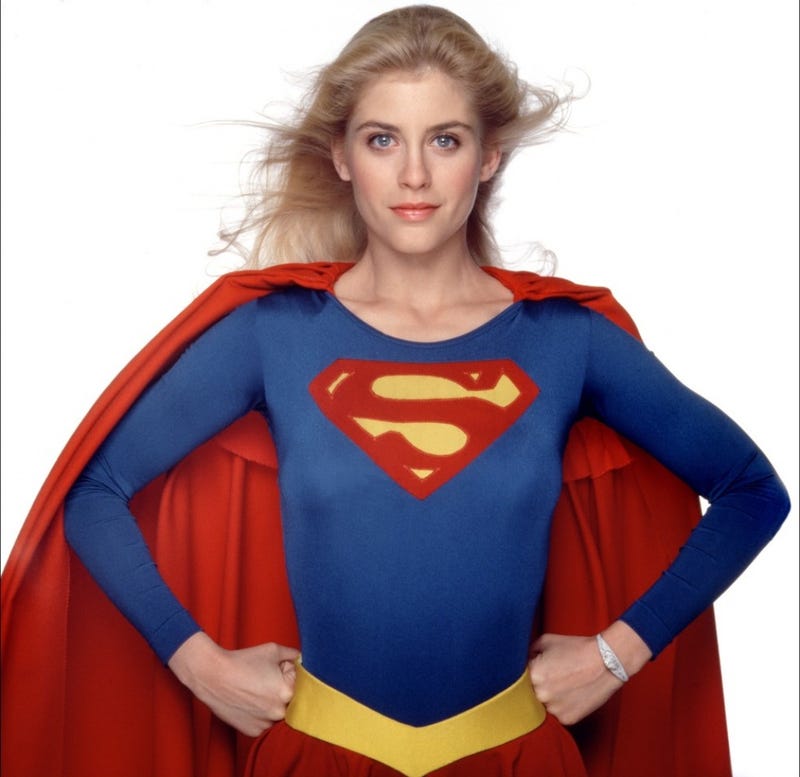

The last few episodes (19 and 20) of the first season of Supergirl on CBS have been interesting as they've had all three live-action Supergirls in the same episodes - haven't seen all three in the same camera shot yet, but that would be cool.
 The CBS Supergirl is Melissa Benoist (left).
The CBS Supergirl is Melissa Benoist (left).Her mother in the show is the Supergirl from the Supergirl movie in 1984, Helen Slater, (right).
The third Supergirl is our home grown Canadian Laura Vandervoort, who played Supergirl from 2007 to 2011. Vandervoort plays "Indigo" on the Supergirl TV series (below).
Thursday, February 11, 2016
Live-Action Comic Book Universes
With the "modern era" launch of Superman (1978), the special effects and box-office draw have made the comic book characters profitable enough for Movies, and more recently, TV series have boomed on network, cable and internet-based domains.
The Live Action universe has taken off over the last few years, with both DC and Marvel characters showing up in a number of different areas. The "universes" are becoming relatively complex, with the introduction of other comic-based heroes, villains and support characters, some becoming spin-off series in their own rights, and the introduction of new characters into the live-action world that didn't exist in the comics.
This post will be a work in progress for a little while - I doubt this is nearly complete. What would be nice is to develop a character database for each universe (main and key comic-book characters) to understand how consistent and complete each are. New characters (Chloe Sullivan on Smallville Felicity on Arrow, or the Flash supporting characters) are key in the shows and even sometimes appear into the comics.
Related Posts:
Superman Live Action Universe
Marvel Universe (TV)
Spider-Man
Hulk
Captain America
Marvel Universe (Cinematic)
Punisher
Blade
Hulk
Iron Man
Captain America
Thor
Avengers
Deadpool
Marvel Universe (Sony)
The Sony Marvel Universe is basically three separate universes - Spider-Man (which has had two unique and unrelated incarnations with Andrew Garfield re-launching the series after the three Tobey McGoure movies) and the X-Men (which has a series of related X-Men and Wolverine titles - the X-Men "re-launched" by going back in time with X-Men: First Class and having new actors playing the characters in the same universe at an earlier point in time). Fantastic Four has had three films, two were in the same universe with the same cast, and a re-launch with a new cast - this universe seems independent of the X-Men and Spider-Man universes.
Spider-Man Universe (x2)
- Tobey Maguire
Spider-Man (2002), Spider-Man 2 (2004), Spider-Man 3 (2007)
- Andrew Garfield
The Amazing Spider-Man (2012), The Amazing Spider-Man 2 (2014)
X-Men Universe
- X-Men
X-Men (2000), X2 (2003), X-Men: The Last Stand (2006)
- X-Men First Class
X-Men: First Class (2011) , X-Men: Days of Future Past (2014)
- Wolverine
X-Men Origins: Wolverine (2009), The Wolverine (2013)
Fantastic Four Universe (x2)
Fantastic Four (2005), Fantastic Four: Rise of the Silver Surfer (2007)
Fantastic Four (2015)
DC Universe (TV)
Adventures of Superman
Batman
Shazam
Isis
Superboy
Lois and Clark
DC Universe (Cinematic)
Superman Universe
The Superman universe consists of several independent projects - the serials in the late 40's to early '50's were independent, but two starred the same actor (Alyn) and one with the TV series actor (Reeves). The 1970-80's movies for Superman were all continuous with Christopher Reeve playing Superman, the Brandon Routh (Superman Returns, 2006) is "semi-consistent" with the Reeve universe, but that entire universe was abandoned with the re-launched Cavill movies. The Supergirl (1984) movie as in the Reeve universe, but very little interaction between worlds.
- Serials
Superman (1948), Atom Man vs. Superman (1950) - Kirk Alyn
Superman and the Mole Men (1951) - George Reeves
- Christopher Reeve
Superman (1978), Superman II (1980), Superman III (1983), Superman IV: Quest for Peace ('87)
- Brandon Routh
Superman Returns (2006)
- Henry Cavill
Man of Steel (2013), Superman v. Batman: Dawn of Justice (2016)
Supergirl (1984) - Helen Slater
Batman
Green Lantern
Justice League (Pending)
CW-CBS Universe
Smallville
Arrow
Flash
Supergirl
Gotham Universe
Gotham
Netflix Universe
Daredevil
Jessica Jones
Luke Cage (in Jessica Jones, separate series pending)
Iron Fist (Pending)
Punisher (Pending)
Defenders (Pending)
Orphaned Movies:
Fantastic Four (1994) - Roger Corman did this movie to keep the licensing alive. It was never released, but does live on the internet.
Superman Live Action Multiverse
Movie Serials - Kirk Alyn
| 1948 | Superman (Kirk Alyn) |  |
| 1950 | Atom Man vs. Superman |  |
George Reevers starred in a long running TV series (started in BW, ended in Colour) in the 1950's, and also starred in a movie serial with the same cast.. Superboy and Superpup were pilots, based on the Reeves Universe, but didn't manifest in series.
| 1951 | Superman and the Mole Men (Serial) |  |
| 1952-58 | Adventures of Superman (TV) |  |
| 1958 | Adventures of Superpup (unaired pilot) | 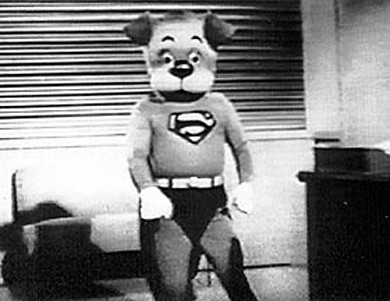 |
| 1961 | Adventures of Superboy (unaired pilot) |  |
Superman Movie Universe #1 (Christopher Reeve Universe)
Superman (1978) showed that superhero movies could be blockbusters, and the special effects evolved to the point to allow for powers to appear realistic within the scope of the story. Superman I and II are excellent movies, though some fans start to ignore Superman III (which added comic legend Richard Pryor and a split-personality Superman) and Superman IV, which was a much more political anti-nuclear weapon movie to support Christopher Reeve's political interests. Supergirl (1984) showed up as a stand-alone movie in the middle of the Reeves run, staring Helen Slater, and was produced by the same group - there was very little overlap and the rumoured walk-on by Reeve didn't develop.
In 2006, the relaunched Superman Returns followed the 1978 model of casting an unknown into the role of Sueprman when Brandon Routh took the lead. Not a very well-received movie, though it did link back to part of Superman II (probably part that fans didn't particularly like at the time) which does put this movie into the earlier Universe.
| 1978 | Superman |  |
| 1980 | Superman II |  |
| 1983 | Superman III | 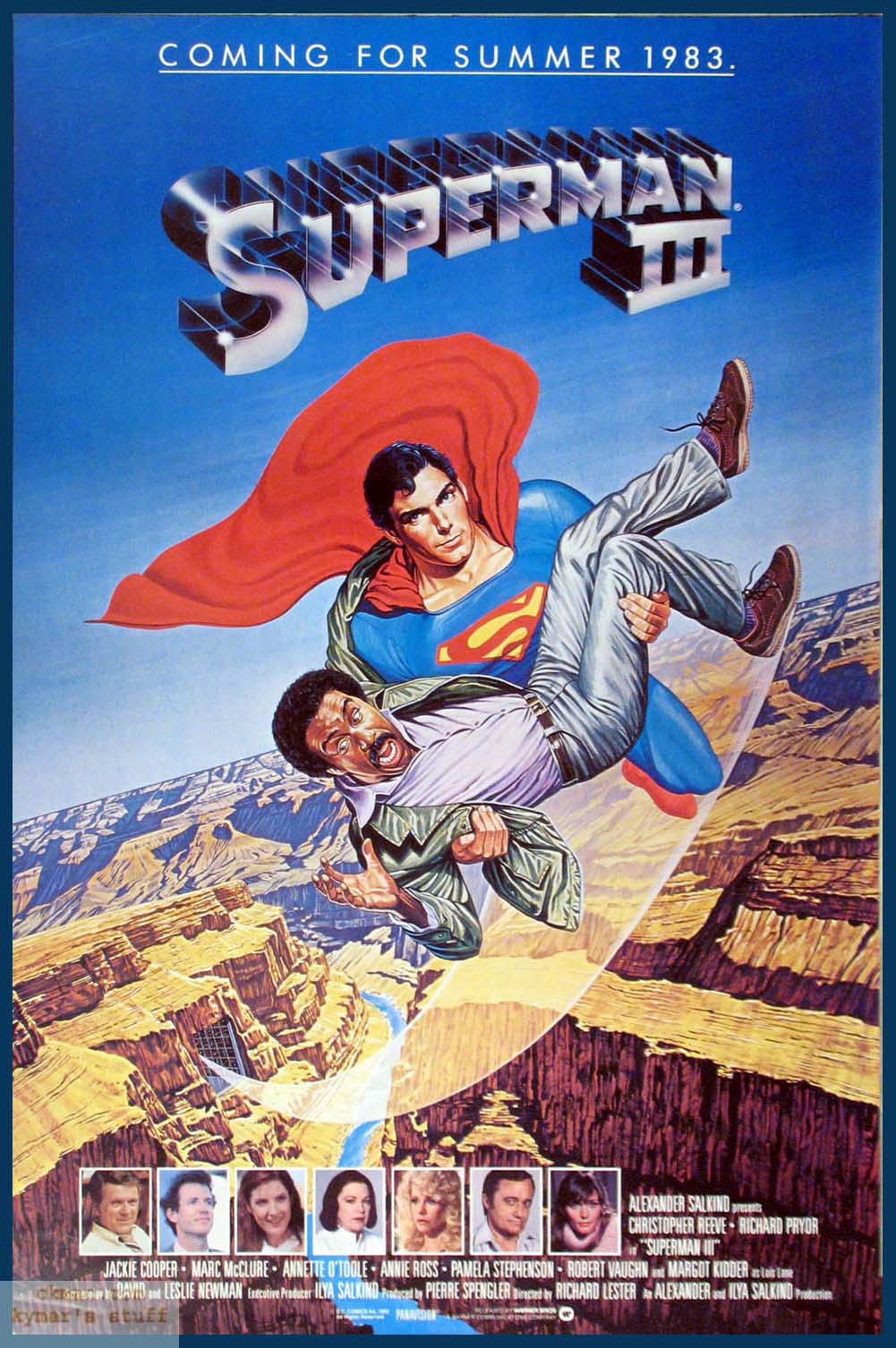 |
| 1984 | Supergirl | 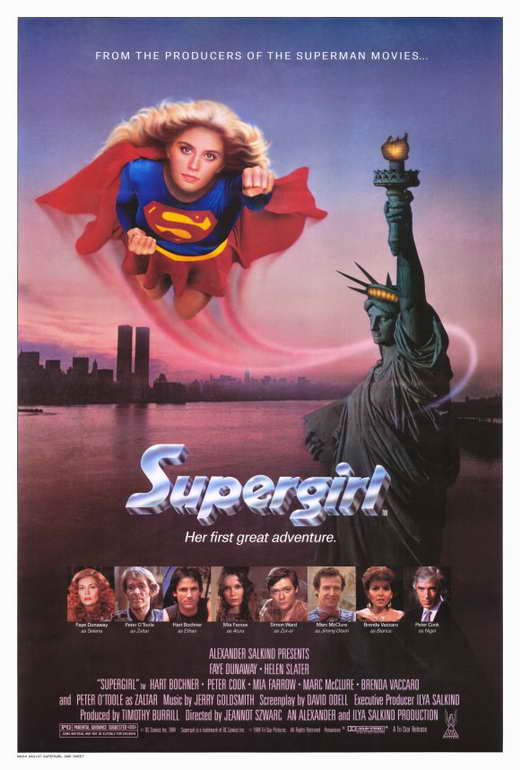 |
| 1987 | Superman IV: Quest for Peace | |
| 2006 | Superman Returns |  |
Henry Cavill Universe (Current)
As Supreman Returns did not do as well as expected, DC re-booted the Man of Steel in 2013 starring Henry Cavill in the lead role. This is part of the DC Universe modelling the very successful Marvel franchise which launched the Avengers to team up sets of individuals from separate movies. As of this writing, there is a Superman-Batman movie (#2 in the Cavill universe, 1st in the Ben Affleck Batman universe) coming out in the next month or so.
| 2013 | Man of Steel |  |
| 2016 | Superman v. Batman: Dawn of Justice |
 |
| 1988-92 | Superboy | 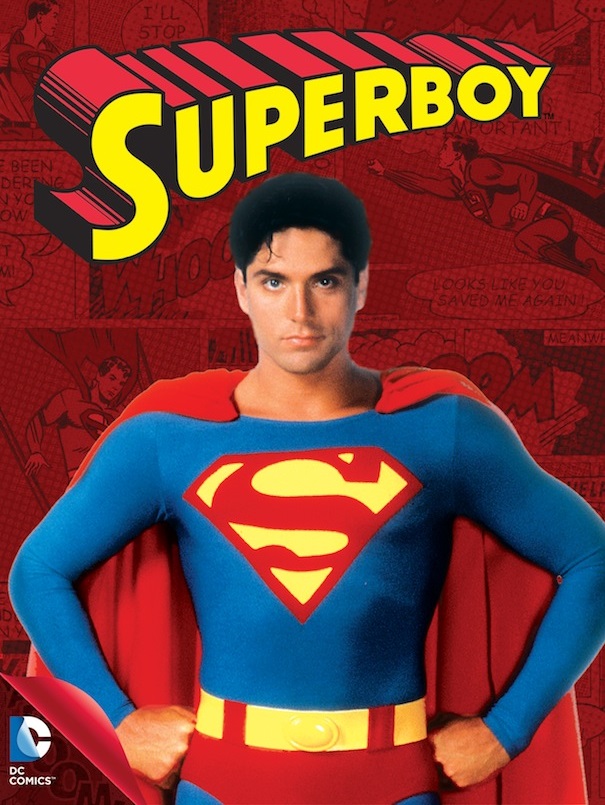 |
||
| 1993-97 | Lois and Clark The New Adventures of Superman |
|
||
| 2001-11 | Smallville |  |
||
| 2015 | Supergirl |  |
Monday, June 22, 2015
Big Issues in publishing long-term comics - Aging Characters
Marvel pushed the limits on continuity in the '60's with explicit references to earlier stories (with footnotes and references) and this was part of their marketing plan with the readers - it made you feel "involved" when you got the reminder, or inside information, on when this character appeared before, or when this particular story took place with reference to another title or storyline.
However, there are costs to this strategy. As outlined in the "continuity" article, creating a fixed history does tend to cause creative issues with incorporating new events into existing history and may remove some options (e.g. once married, always married....unless you make a deal with the devil).
The other issue is how to provide lasting characters with the gravitas that comes with history (e.g. we don't always want to pretend this is the first day out on patrol, and the first time they've run into bank robbers) without having the characters become "old".
Basically, you are stuck - if you want gravitas (that is, if you want Superman to recognize that he's been around and is world-famous in the comics) you will run the risk of aging the characters.
However, it is a fictional world - you can keep them looking youthful, and still recognize growth (e.g. Peter can learn "responsibility" every few years, without looking like a slow learner, as you can recognize that time has elapsed in the readers world, and some fraction has occurred in the comic).
My pet "solution" is to keep an active, accurate and vibrant continuity for a period of about 5 years for most events, and "forever" for sentinel events - Uncle Ben's death (or Gwen's) shouldn't fade from Peter's mind, even if the character of Spider-Man is 50, 75 or 100 years, similar to Batman's parents. However, I think it is fair play to have other events fade from time, maybe have the "scarecrow" appear "new" for Batman if he hasn't appeared for a number of years - drawn from the nether-regions beyond the grey timescape of the comics. It's not so bad if Dr. Octopus "forgets" that he was engaged to Aunt May and it in effect stale dates out of continuity.
I think it would be great to have a solid, fixed, forever continuity, but realize that only us 50+ers remember the early '70s stories of our youth so fondly - they are still there, particularly the big events, but maybe it would be bettter for new readers to have many of the issues fade to keep the main and secondary characters fresh.
This is kinda' what happens to characters anyway - what war was Tony Stark injured in anyway - Vietnam in the original, but Iraq/Afghanistan in the movie - the main elements of the story remain - we can be hazy about the present-world linkages.
I think this is preferable to the 100th #1 of Spider-Man or the Fantastic Four. Or re-imaginging the Hulk as grey, smart, weak, with Banner's brain etc. constantly.
My fear is that the medium will move to short series (like Marvel seems to favour now) and graphic novels, and lose the monthly, sequential storytelling. My main fear for this is that we will lose the essence of the character if it is disjoint - like Tarzan, and not linear like Superman/Spider-Man.
Wednesday, June 17, 2015
DC Digital First - List of titles
|
